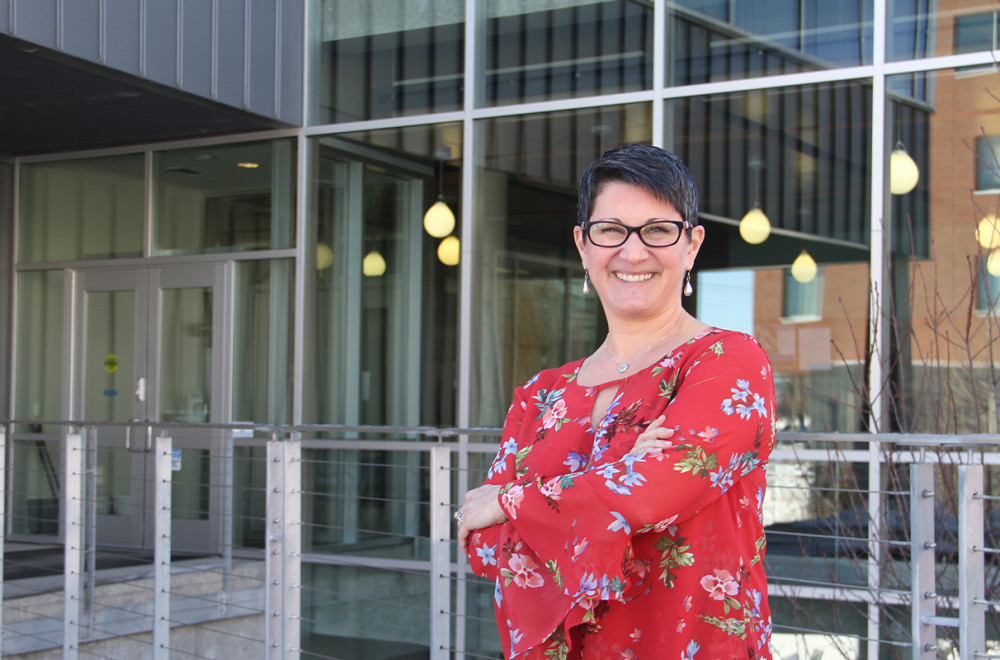WSU Extension boosts mental health resources in rural, underserved areas
Thursday, February 2, 2023

Washington State University is part of a new program created to increase access to mental health treatment and recovery for students in rural and underserved school districts.
WSU’s Children and Family Research Unit (CAFRU) will work in six districts throughout Spokane, Stevens, Whitman, and Lincoln Counties with disproportionate access to mental health services.
“We will collaborate with teachers and educators, giving them tools to help students,” said Natalie Turner-Depue, CAFRU director. “We will offer students a path to healing and recovery while keeping teachers’ morale high.”
The program is called Project AWARE (Advancing Wellness and Resiliency in Education), and is funded by a grant from the U.S. Department of Health and Human Services’ Substance Abuse and Mental Health Services Administration. The Northeast Washington Educational Service District is the lead organization on the grant, which will provide $3.5 million over four years. CAFRU will receive $1.2 million of that total.
“We need programs like this in our schools,” Turner-Depue said. “I really wanted to support the mental health of students and staff in these communities. It was a huge relief, and thrill, when we got this grant: We’ll be able to support up to 6,000 students and nearly 700 teachers and school staff.”
Students in rural and underserved areas often don’t have easy access to mental health resources like school specialists or therapists, Turner-Depue said. Teachers and school staff in those areas tend to be the only non-family support that many students have, a challenge that most educators aren’t trained for.
“There’s a desperate need to support students in a way that will keep teacher morale high and give students a path to recovery,” Turner-Depue said. “Teachers are burning out, especially after the stress brought on by the COVID-19 pandemic. They need help, too, and that’s what we’re going to provide.”
CAFRU specialists will train teachers and staff, spending three years helping in a variety of ways, from professional development to finding mental health resources for the educators themselves.
“We don’t want this to feel like something being added to a teacher’s already overflowing plate,” Turner-Depue said. “We want to give them tools to handle the things they can’t take off those plates.”
CAFRU specialists will implement their Collaborative Learning for Educational Achievement and Resilience(CLEAR) curriculum into their partner schools. The three-year program goes beyond training sessions to work with teachers in their classrooms.
“Research shows that impersonal training doesn’t work in the long term,” Turner-Depue said. “Training alone doesn’t infuse into a school culture. Taking the time to assist teachers and staffers in the classroom or talk with them after they have an interaction with a student, that’s how you help in the long-term.”
CAFRU specialists will also work with school administrators to ensure support of teachers and the CLEAR program.
The initial work has already started in each school district, with the program set to ramp up quickly in the coming months.
“We need to make sure school leadership is invested,” Turner-Depue said. “We’ll work with school systems to implement strategies that become part of the culture so that when new teachers are hired, they’re trained. This ensures that when we leave after three years, the system doesn’t.”